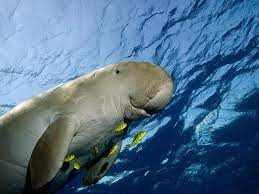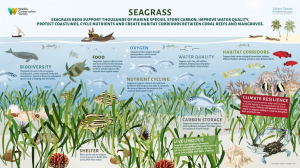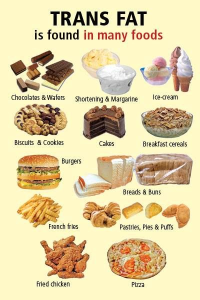Prelims – 25th Nov 23
Dugong
- Dugongs, also known as Sea Cows, are the only herbivorous marine mammals and the only member of the family Dugongidae, making it one of the four surviving species in the Order Sirenia (other is Trichechidae, or the manatee family)
- IUCN: Vulnerable
- Schedule I of the Wild Life (Protection) Act, 1972

- CITES: Appendix I
- they are mainly found in shallow areas as they survive mainly on seagrass
- They live in groups and come to the surface to breathe with a distinct dolphin-like tail, and have mammary glands
- Recently, the Tamil Nadu government announced India’s first conservation reserve for Dugongs in Palk Bay
- Dugongs face threats of habitat loss, entanglement in fishing nets, hunting for meat and oil etc

India’s first National Water-Body Census
- The census’s objective was to develop a national database with information on the size, purpose, ownership, status, and conditions of water bodies
- It covered all natural and human-made units bounded on all sides for storing water, irrespective of condition or use
- The census was built on existing and publicly available satellite-derived datasets
- The census groups water bodies into five types: ponds, tanks, lakes, reservoirs, and water conservation schemes.
Trans Fats
- Trans fatty acids (TFAs) or Trans fats are the most harmful type of fats which can have much more adverse effects on our body than any other dietary constituent
- These fats are largely produced artificially but a small amount also occurs naturally
- Artificial TFAs are formed when hydrogen is made to react with the oil to produce fats resembling pure ghee/butter
- Trans fats consumption increases the risk of developing heart disease, obesity, type 2 diabetes, metabolic syndrome, insulin resistance, infertility and certain types of cancers
- India, Pakistan, Bangladesh, Nepal and Bhutan were among countries that need to act urgently against trans-fat according to World Health Organization (WHO)

- In May 2018, WHO called for the global elimination of industrially produced TFA by 2023
- In May 2019, WHO released REPLACE action framework which is a roadmap for countries to implement the prompt, complete and sustained elimination of industrially produced TFA from the food supply.
